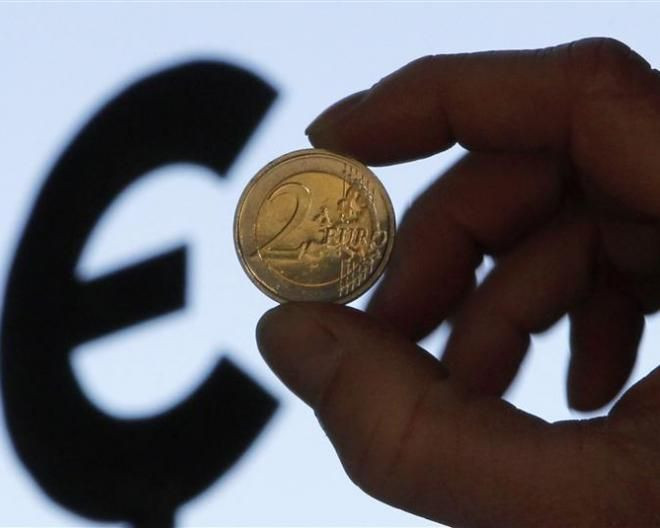European Union and United States Free Trade Talks Launch in Washington, D.C., With Top Negotiators

Free-trade talks between the European Union and the United States kicked off on Monday in Washington, D.C., as European diplomats temporarily sidelined recent reservations about U.S. mass surveillance programs.
The so-called Transatlantic Trade and Investment Partnership, or TTIP, seeks to remove trade barriers between the EU and the U.S., including tariffs, burdensome regulations and investment rules.
If enacted, the partnership would be the biggest free trade deal ever. Bilateral trade between the two has already been worth more than $250 billion this year to date, according to U.S. census figures, and reached $646.5 billion in 2012.
EU-U.S. trade is the largest existing bilateral trade relationship – together the two economies account for about half of global GDP and a third of world trade, according to the EU.
But the negotiations have been complicated by European political outcry over domestic and foreign surveillance by the U.S. National Security Agency. A working group on EU-U.S. data protection and privacy also started its work on Monday, according to remarks by European Commission President Jose Barroso.
European Commission spokesman Jens Mester tweeted that the parallel talks on privacy and trade are “key for confidence.”
It could be years before the two sides craft a final deal, though an EU FAQ says it could be done within about two years.
"We don't want to spend 10 years negotiating what are well-known issues and not reach a result,” said newly appointed U.S. Trade Representative Michael Froman to Reuters, earlier this year.
Top European trade official Karel De Gucht reiterated on Monday that the trade talks would benefit Europeans and could even help it climb out of its economic crisis, even as a recent report indicated that the U.S. stands to gain significantly more from any eventual deal.
De Gucht declined to comment on whether they’d seek to wrap up talks before the end of 2014, when the current European Commission’s term will end.
“The talks are likely to prove extremely slow and difficult,” said Capital Economics analysts in a research note. They noted that high tariffs were restricted to a few politically sensitive sectors, like agriculture and automobiles, and that meaningful reductions to non-tariff trade barriers would be difficult.
In the meantime, the European Parliament said on Monday that it’d launch an inquiry into U.S. surveillance programs.
© Copyright IBTimes 2024. All rights reserved.






















